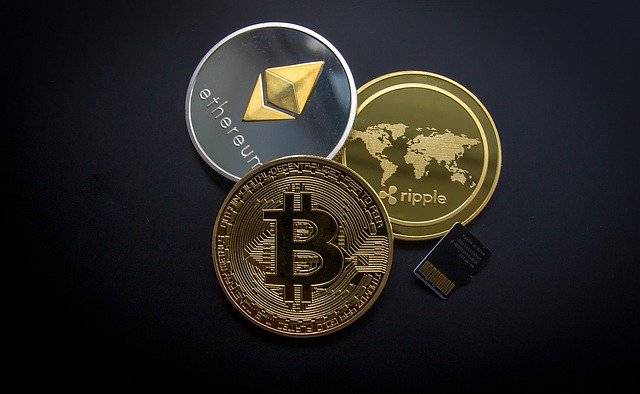Currently, reports are piling up about a newly emerged Bitcoin aristocracy. It was people all over the world who invested their money in the digital currency very early on. They multiplied their stake by a huge factor. They certainly got rich. In general, the whole topic of cryptocurrency has become interesting for the masses because of them. Many others have appeared on the market for this reason. Some of them are doing better, some worse. Will this make cryptocurrencies the means of payment of the future?
This topic is immensely complex because there are an immense number of players. They all have different interests. Right from the start, it is not really possible to draw a conclusion at the moment. Obviously, many powerful forces are fighting against each other in the background. Only one thing is certain: Bitcoin has brought blockchain technology to the attention of mankind. It alone is tremendously valuable. Whether it will be Bitcoin and Ethereum that gain the most importance in the future – no one knows at the moment. Many things speak against it.
Cryptocurrencies and their future
As I said, the blockchain technology was probably the really revolutionary thing about Bitcoin. In the long run, it will probably be the technology that survives the longest. Bitcoin and co. are being fought by too many parties. The US and the EU hate them because they undermine the authority of central banks. Accordingly, Facebook’s attempt to establish Libra was stifled right away. States do not like to be deprived of the control of using money to pursue active economic policy. If this power ends up in the hands of large corporations or a mass of crazed internet users, it poses a threat to national economies.
China is also not a fan of private cryptocurrencies. The secret of Bitcoin’s success was initially that it could be used to make fully anonymous payments. But there is nothing in the world that would worry the communist party more than if citizens can do something that the secret service doesn’t know about. Therefore, it is fought there with all means. Except for prospecting, of course. That is even encouraged, because it brings a lot of money into the Middle Kingdom. But it’s not allowed to spend it.
That means: states hate cryptocurrencies. They will probably never allow an open source currency to become too significant.
Another disadvantage is that time and again scandals arise in which cryptocurrency exchanges grind to a halt due to fraud or incompetence, so that the owners of the coins can no longer get their money. This has already resulted in some millionaires on paper who will now never have anything of their fortune again.
On the other hand, there are currently numerous parties that are stabbing the state in the back. There is Elon Musk, for example. He had announced grandiloquently that he was using funds from Tesla for Bitcoin investments. Paypal, on the other hand, has announced that customers will soon be able to pay with various cryptocurrencies on its platform. On the one hand, the companies are trying to make a profit. But presumably much more likely to reach a point where the state can no longer easily issue a ban at some point. That would make the stocks worthless and possibly ruin the companies. And nothing is more important to the Americans than that their corporations dominate the world economy. They’re moving ahead to prevent the government from pulling the ripcord at some point.
It is also possible that powerful digital currencies will continue to exist. However, these currencies will then presumably be issued by the states. China, for example, has introduced the digital yuan to the people. It simplifies national and international payment transactions. It also makes it easier to track transactions than cash.
Conclusion
Cryptocurrencies and blockchain definitely have a future. However, the probability is high that at some point there will only be state versions of them. But what is certain in this chaotic world…?
